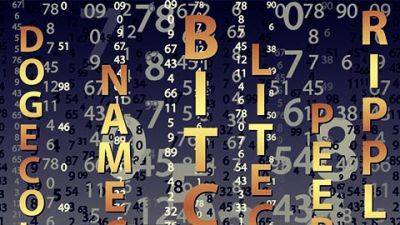Capital One’s acquisition has $1.4 billion breakup fee if rival bid emerges, but none if regulators kill deal
In this article
Capital One's blockbuster takeover proposal for Discover Financial includes a $1.38 billion breakup fee if Discover decides to go with another buyer, but no such fee if U.S. regulators kill the deal, people with knowledge of the matter told CNBC.
Capital One said late Monday it had an agreement to purchase rival credit card player Discover in an all-stock transaction valued at $35.3 billion.
While Discover can't actively solicit alternative offers, it can entertain proposals from other deep-pocketed bidders before shareholders vote on the transaction.
In the unlikely event that Discover decides to go with another offer, it would owe Capital One $1.38 billion, which aligns with the typical breakup fee in bank deals of between 3% and 4% of the transaction's value, said the people.
Breakup fees are an industry practice designed to motivate both sides of an acquisition to close the transaction. They can result in massive payouts when deals sour, like the estimated $6 billion AT&T paid to T-Mobile after giving up its 2011 takeover effort because of opposition from the U.S. Department of Justice.
Watchers of the agreement are taking particular interest in whether U.S. banking regulators will allow it to happen. Regulators have blocked deals across industries in recent years on antitrust grounds, and getting a transaction done during an election year in an environment considered hostile to bank mergers has been called risky.
Neither side will owe the other a breakup fee if regulators block the acquisition, which is said to be typical for bank deals. Still, last year Canadian lender TD Bank agreed to pay $225 million to First Horizon after its takeover collapsed amid regulatory scrutiny of the larger firm.
When
Read more on cnbc.com





















